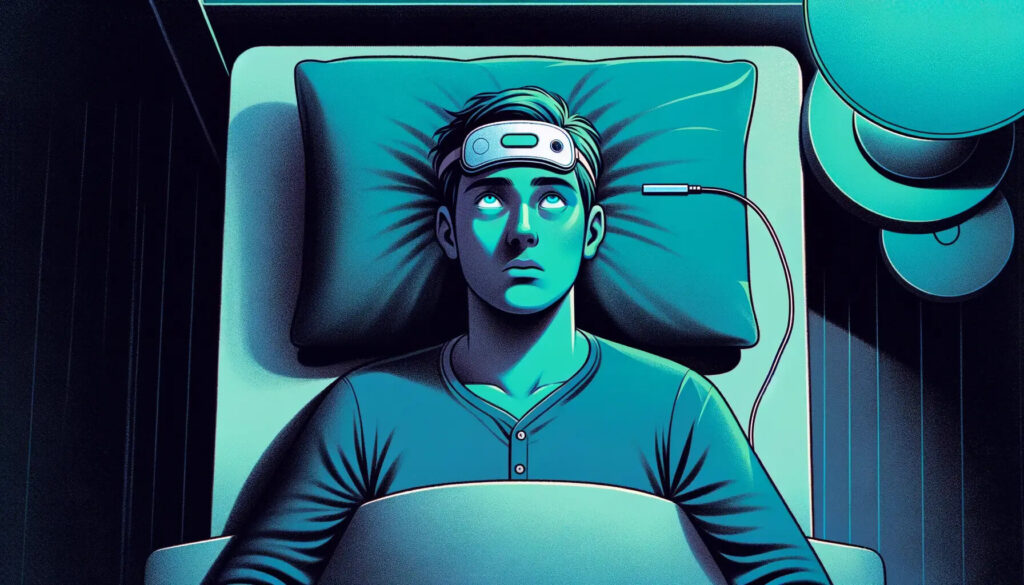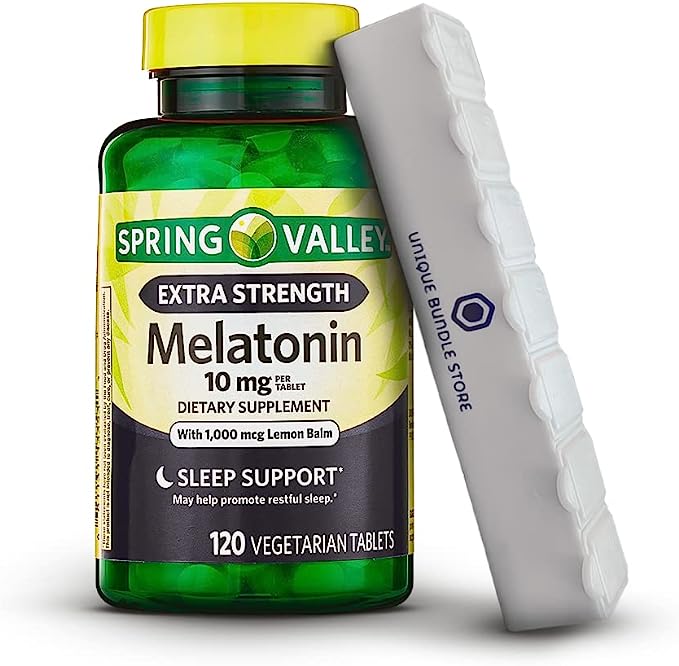
Insomnia is a common sleep disorder that affects millions of people worldwide. It is characterized by difficulty falling asleep, staying asleep, or both. Insomnia can have a significant impact on a person’s quality of life, leading to fatigue, difficulty concentrating, and mood problems.
There are a number of treatments available for insomnia, including medication, therapy, and lifestyle changes. In recent years, transcranial direct current stimulation (tDCS) has emerged as a potential new treatment for insomnia.
How does tDCS work for insomnia?
The exact mechanism by which tDCS works for insomnia is not fully understood. However, it is thought to work by increasing or decreasing the activity of specific brain regions that are involved in sleep regulation.
In one study, 60 people with chronic insomnia were randomly assigned to receive either tDCS or a sham treatment. After 10 sessions, the people who received tDCS had significantly improved sleep quality, compared to the people who received the sham treatment.
Another study found that tDCS was effective in improving sleep latency in people with insomnia who were also taking medication for the condition.
A recent review of 14 studies found that tDCS was effective in improving sleep quality in people with insomnia. The average improvement in sleep quality was 20%, and the effects of tDCS were sustained for up to 6 months after treatment.
tDCS is not a cure for insomnia, but it can be an effective treatment. In some cases, tDCS may be used in conjunction with other treatments, such as medication or therapy. The cost of tDCS treatment varies depending on the provider. In general, it is more expensive than other treatments for insomnia, such as cognitive-behavioral therapy.
tDCS treatment is not yet widely available. However, there are a growing number of clinics and doctors who offer tDCS treatment for insomnia. The potential side effects of tDCS are mild and typically go away on their own. These side effects can include headaches, skin irritation, and scalp tingling.
Here are some things to consider if you are considering tDCS for insomnia:
- The cost of treatment
- The availability of treatment
- The potential side effects
- Whether you want to use tDCS alone or in conjunction with other treatments
Is tDCS a cure for insomnia?
tDCS is not a cure for insomnia, but it can be an effective treatment. In some cases, tDCS may be used in conjunction with other treatments, such as medication or therapy.
The cost of tDCS treatment varies depending on the provider. In general, it is more expensive than other treatments for insomnia, such as cognitive-behavioral therapy.
tDCS treatment is not yet widely available. However, there are a growing number of clinics and doctors who offer tDCS treatment for insomnia.
The potential side effects of tDCS are mild and typically go away on their own. These side effects can include headaches, skin irritation, and scalp tingling.
Natural Alternatives for Insomnia
There are a number of treatments available for insomnia, including medication, therapy, and lifestyle changes. In some cases, people may prefer to try natural alternatives for insomnia.
Here are some natural alternatives that may help improve sleep quality:
- Melatonin: Melatonin is a hormone that helps regulate sleep-wake cycles. It is produced naturally by the body, but it can also be taken as a supplement. Melatonin is generally considered safe and effective for short-term use.

- Valerian root: Valerian root is an herb that has been used for centuries to promote sleep. It is thought to work by increasing the production of GABA, a neurotransmitter that promotes relaxation. Valerian root is generally considered safe and effective for short-term use.
- Chamomile: Chamomile is a flowering herb that has been used for centuries for its calming effects. It is thought to work by reducing anxiety and promoting relaxation. Chamomile tea is a popular way to get the benefits of chamomile for sleep.
- Magnesium: Magnesium is a mineral that is essential for many bodily functions, including sleep. Magnesium deficiency is a common cause of insomnia. Taking magnesium supplements may help improve sleep quality in people who are deficient in magnesium.
- L-theanine: L-theanine is an amino acid found in tea. It has been shown to promote relaxation and improve sleep quality. L-theanine can be taken as a supplement or found in green tea.
- Aromatherapy: Aromatherapy is the use of essential oils to promote relaxation and improve sleep quality. Some essential oils that are commonly used for sleep include lavender, chamomile, and ylang-ylang.
- Relaxation techniques: Relaxation techniques such as yoga, meditation, and deep breathing can help improve sleep quality. These techniques can help reduce stress and promote relaxation, which can make it easier to fall asleep and stay asleep.
t is also important to make lifestyle changes that can help improve sleep quality. These changes include:
- Establishing a regular sleep schedule: Go to bed and wake up at the same time each day, even on weekends.
- Creating a relaxing bedtime routine: This might include taking a warm bath, reading a book, or listening to calming music.
- Avoiding caffeine and alcohol before bed: Caffeine and alcohol can interfere with sleep.
- Making sure your bedroom is dark, quiet, and cool: These conditions are ideal for sleep.
- Exercising regularly: Exercise can help improve sleep quality, but avoid exercising too close to bedtime.
By making these lifestyle changes and trying natural alternatives, you may be able to improve your sleep quality and get the rest you need.
Conclusion
tDCS is a promising new treatment for insomnia. It is safe for most people and can be effective in improving sleep quality. If you are struggling with insomnia, talk to your doctor about whether tDCS might be a good option for you.If you are considering tDCS for insomnia, talk to your doctor to see if it is right for you. They can help you weigh the risks and benefits of tDCS and determine if it is a good option for your individual situation.
